A century ago, as Mars and Earth drew tantalizingly close, a bold experiment unfolded. Astronomer David Peck Todd, captivated by the Red Planet's allure, envisioned a celestial dialogue. With the aid of television pioneer Charles Francis Jenkins, he sought to intercept Martian radio signals, a feat that would have revolutionized our understanding of extraterrestrial life.
The year was 1924, a time when radio was still a nascent technology. Yet, Todd and Jenkins, undeterred by the challenges, devised a plan to listen to the cosmos. They harnessed the power of a Navy surplus receiver and Jenkins' innovative image-producing device, pointing their antenna towards the Martian horizon.
While the results of this pioneering endeavor were inconclusive, the experiment ignited the public's imagination. The idea of intelligent life on Mars, once a mere speculation, was transformed into a tangible possibility. The "Martian canals," as popularized by Percival Lowell, fueled the public's fascination with our celestial neighbor.
Today, as we continue our exploration of the cosmos, the legacy of Todd and Jenkins endures. Amateur radio operators, the modern-day successors of these early pioneers, remain at the forefront of scientific discovery. They contribute to a vast network of global communication, pushing the boundaries of technology and knowledge.
While we may not have yet established contact with extraterrestrial civilizations, the spirit of exploration and innovation that drove Todd and Jenkins lives on. As we gaze towards the stars, we are reminded of the boundless potential of human ingenuity and the enduring allure of the unknown.

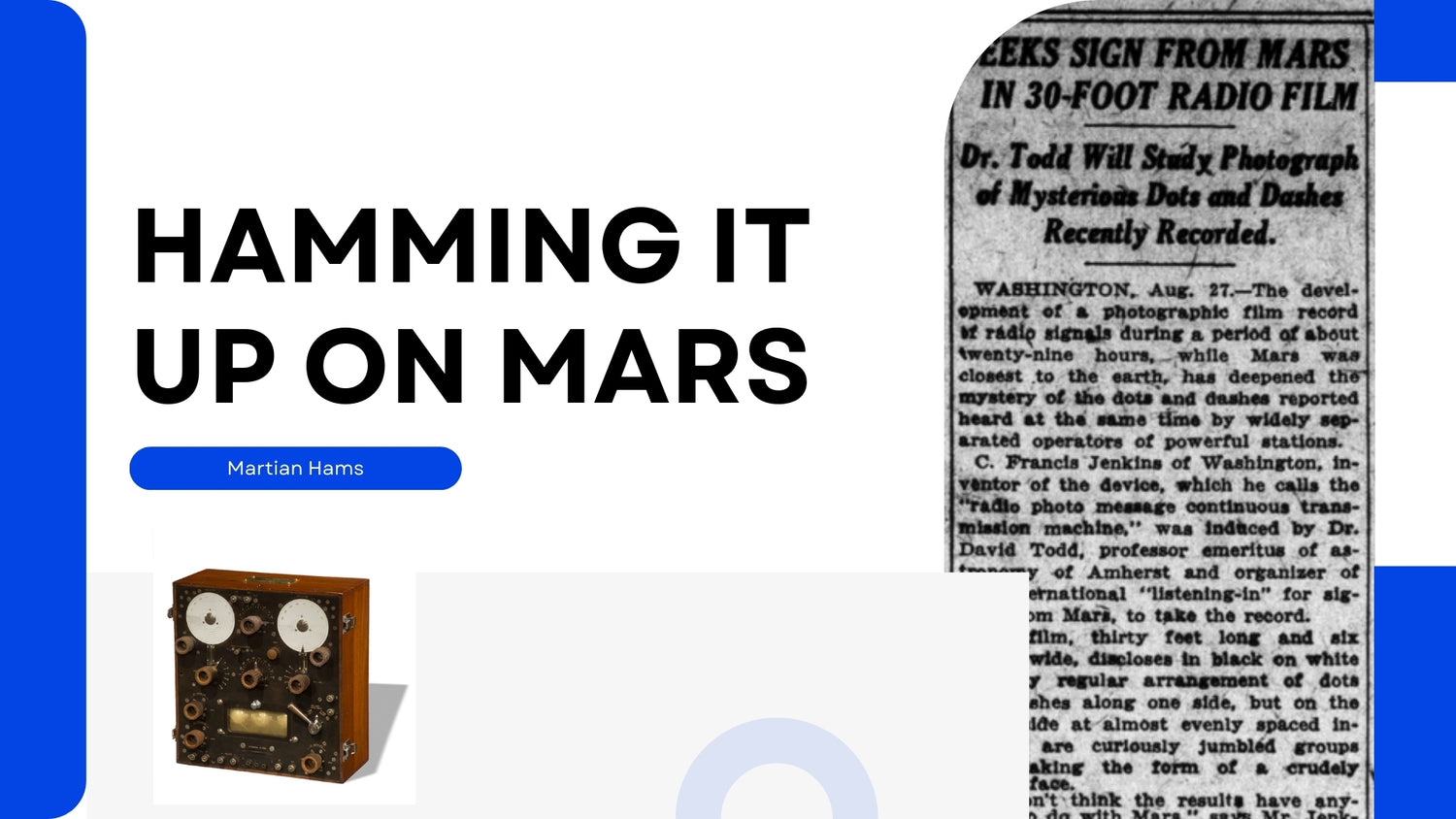
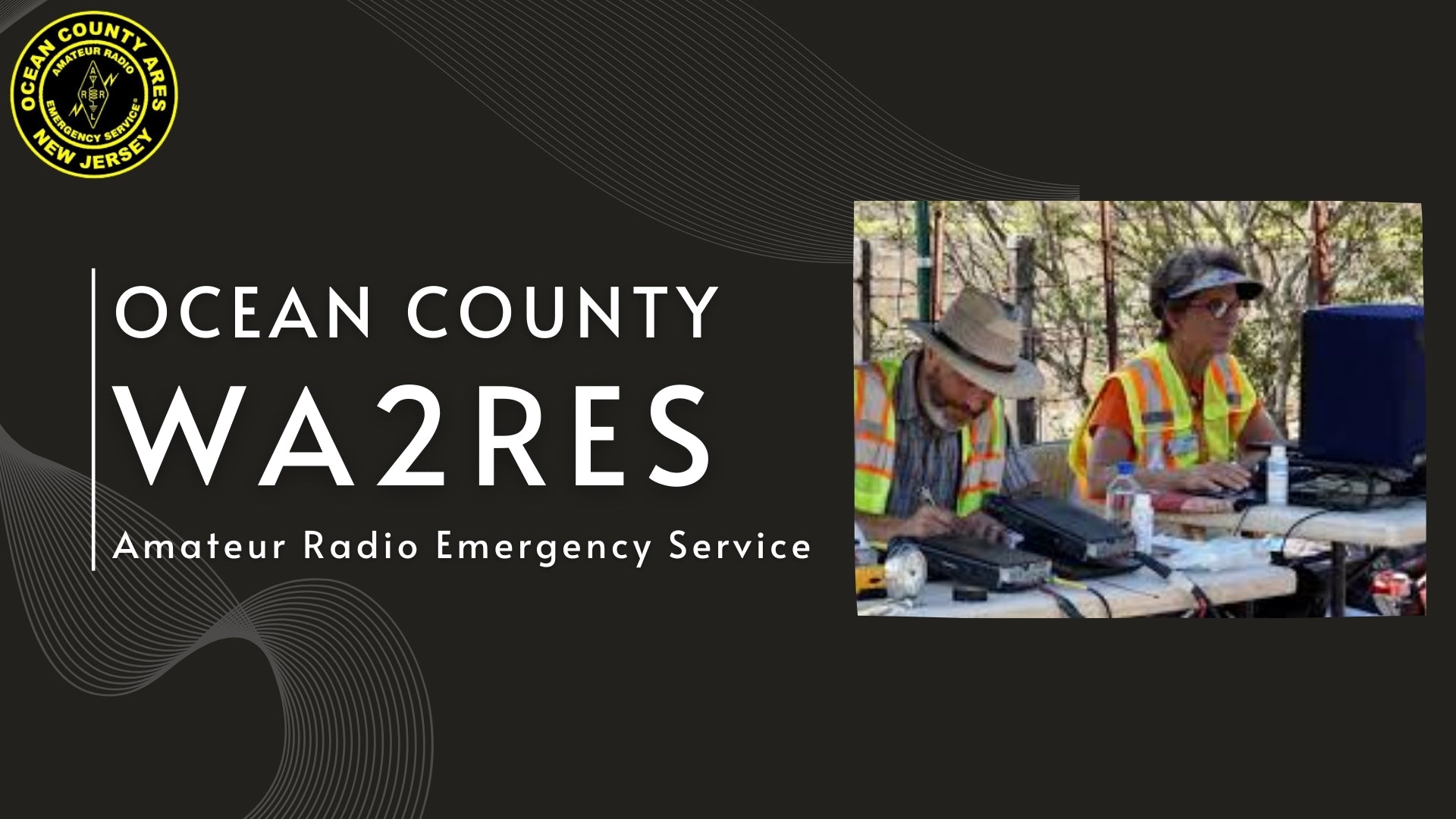

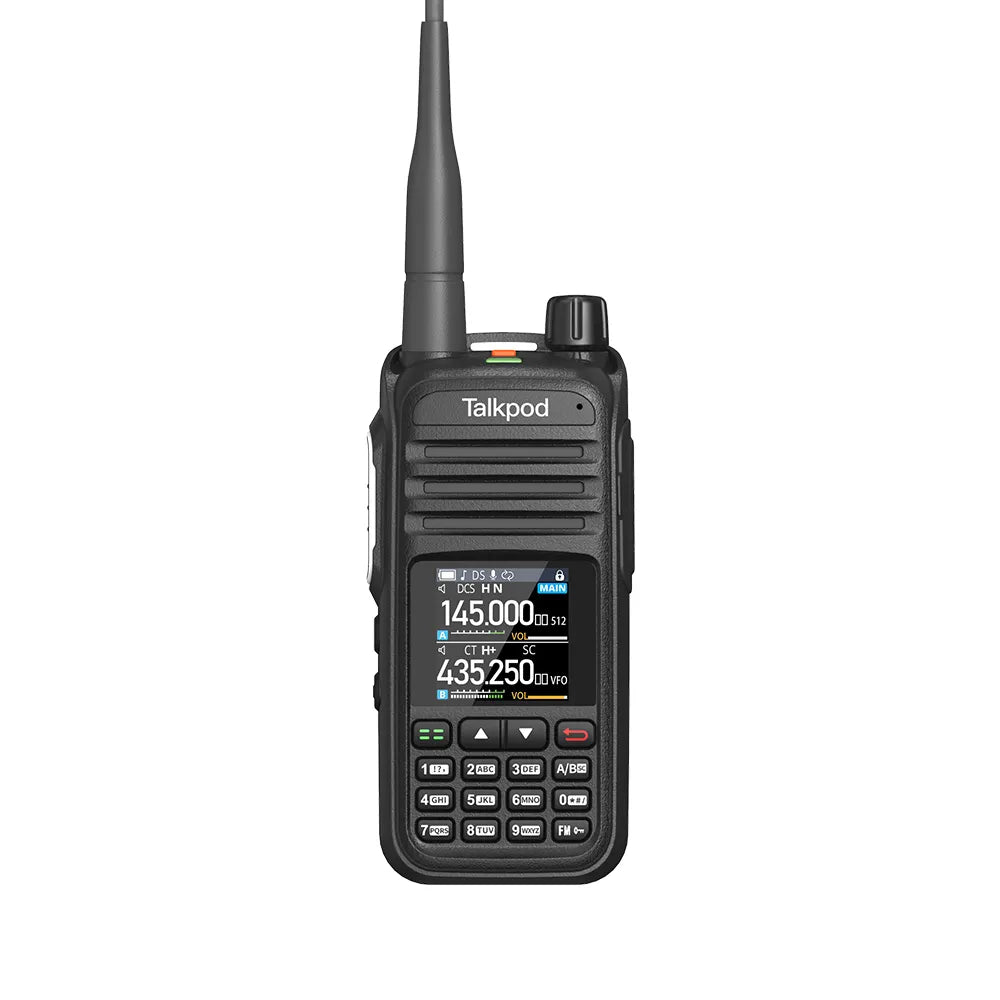
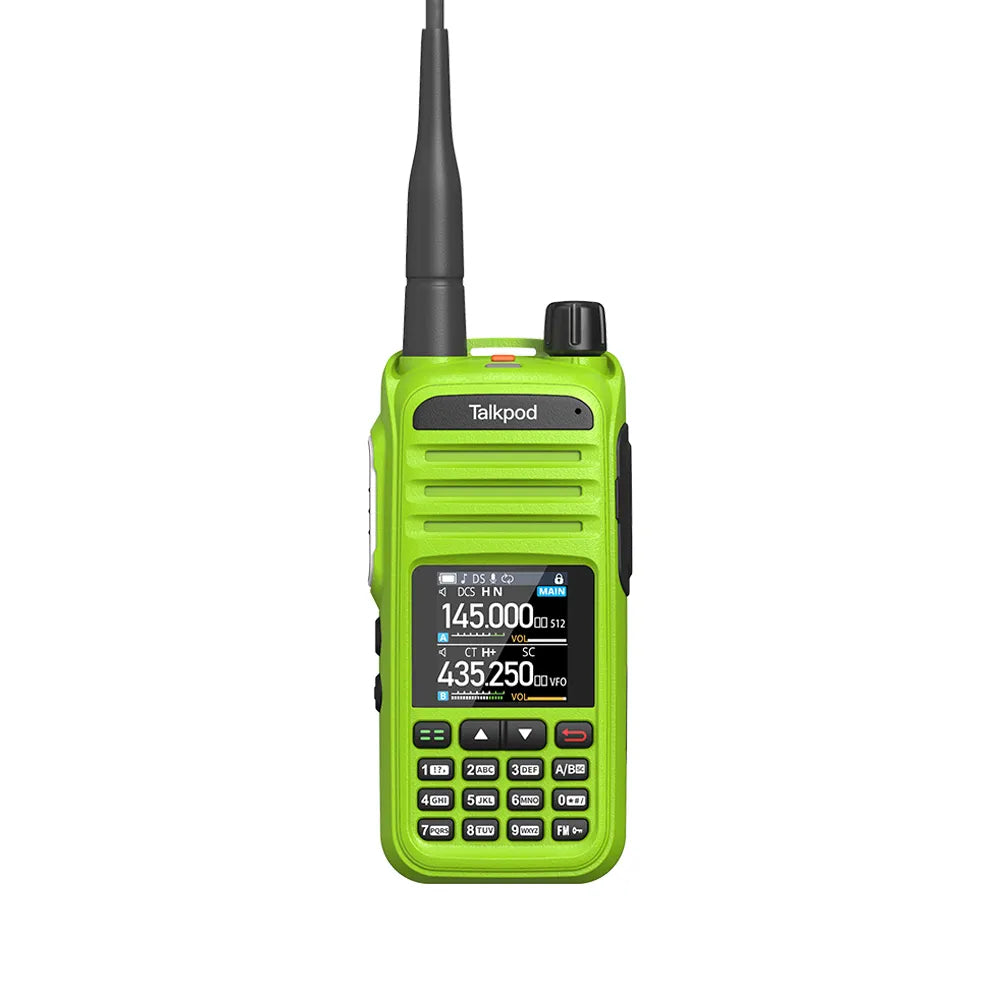




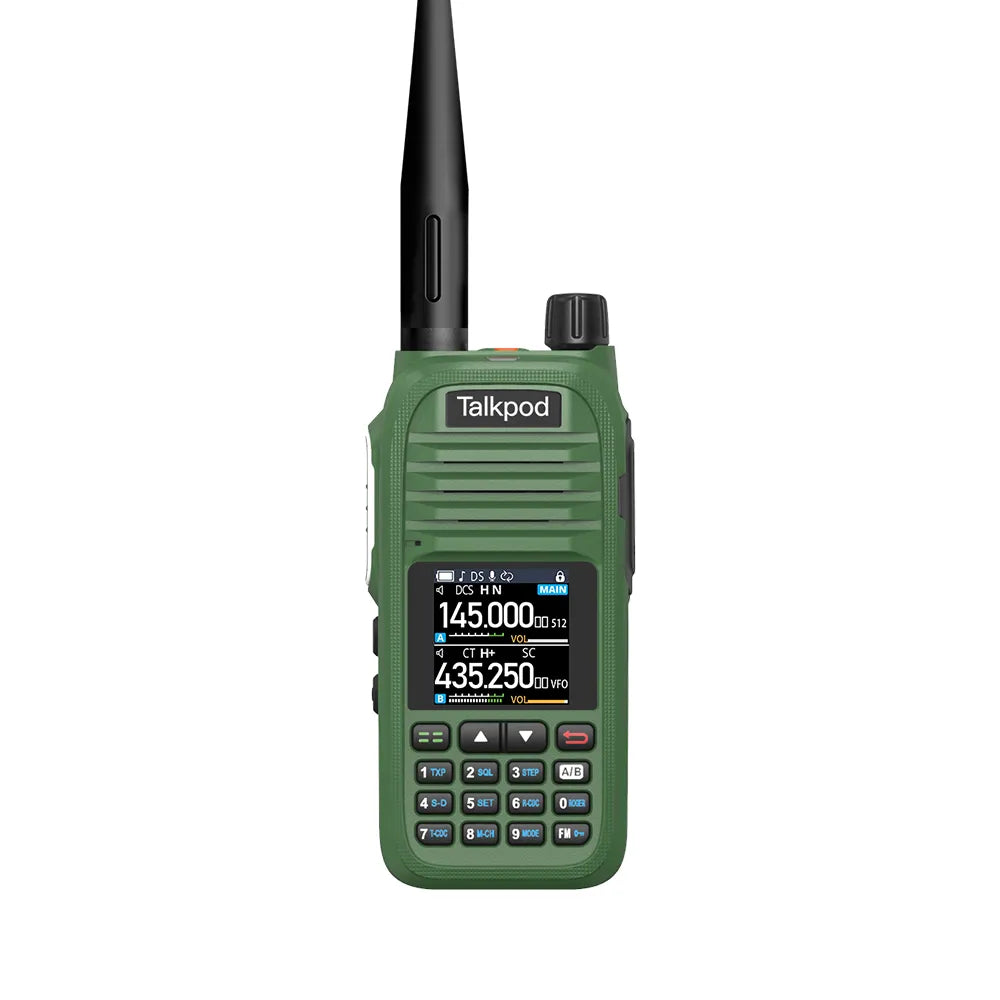
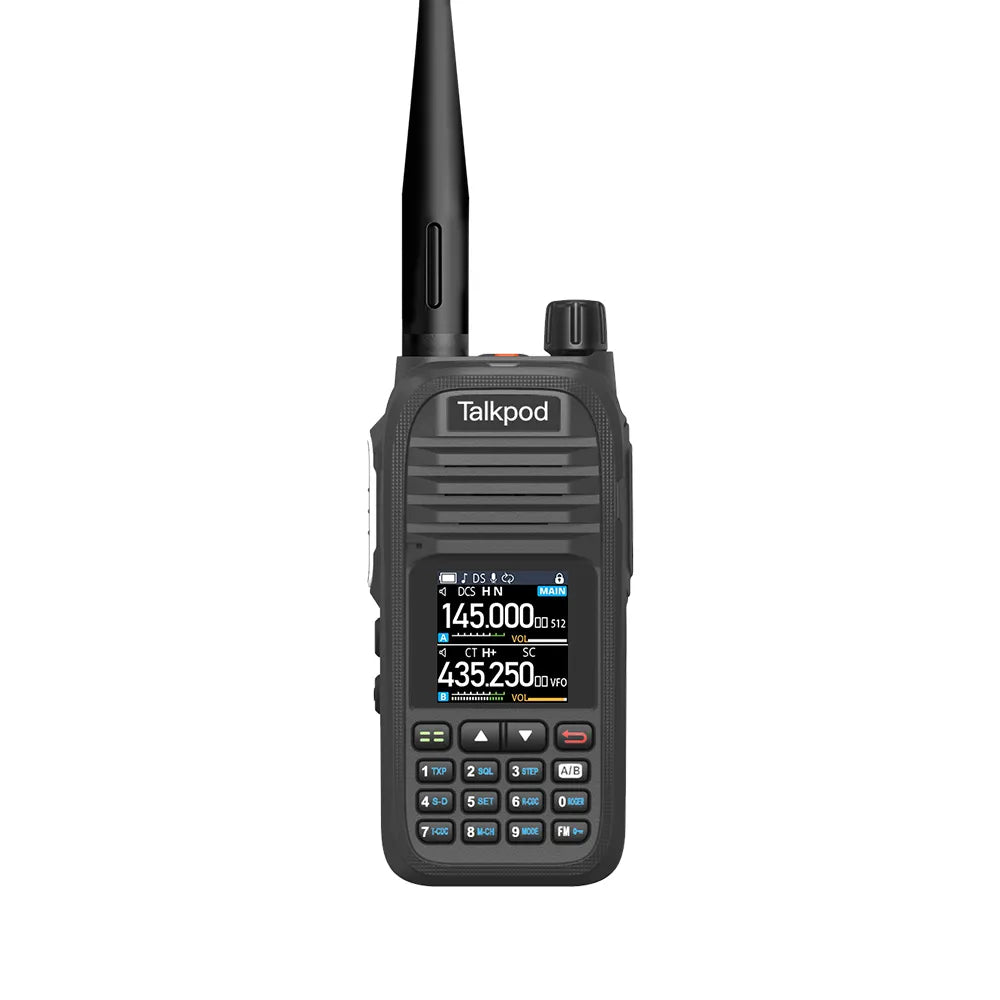
Leave a comment
All comments are moderated before being published.
This site is protected by hCaptcha and the hCaptcha Privacy Policy and Terms of Service apply.